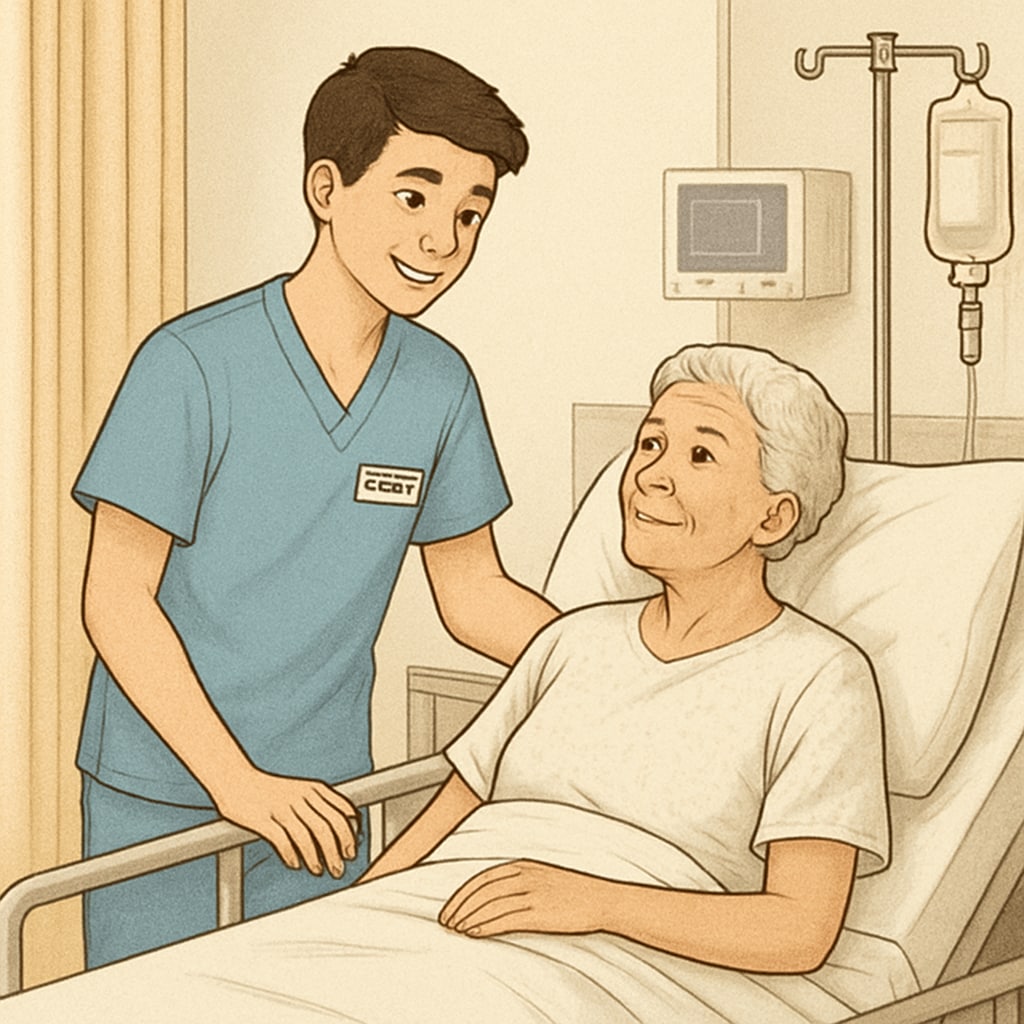Pursuing a career in nursing often involves navigating rigorous academic requirements, gaining hands-on experience, and finding the right educational institutions. For K12 students aspiring to enter nursing programs, balancing these demands with a fulfilling campus life can seem daunting. This article offers a comprehensive guide to preparing for nursing programs, managing college transfers, and utilizing EMT experience to build a strong foundation for success.
Why Early Preparation Matters for Nursing Programs
Planning for a career in nursing should ideally begin in high school. The earlier students start preparing, the better equipped they are to meet the academic and extracurricular demands of competitive nursing programs. Key steps include:
- Focusing on science courses like biology, chemistry, and anatomy to develop a strong academic base.
- Participating in health-related extracurricular activities, such as volunteering at hospitals or shadowing healthcare professionals.
- Exploring dual-enrollment programs to earn college credits while in high school.
By laying this groundwork, students can enter nursing programs with a clear understanding of the field and a stronger application profile.

College Transfer: Finding the Right Fit
For many students, transferring colleges is a necessary step to access top-tier nursing programs. This process requires careful planning to ensure that credits transfer seamlessly and prerequisites are met. Key considerations for a successful transfer include:
- Researching nursing programs to identify those that align with your career goals and offer a supportive academic environment.
- Meeting with academic advisors to create a transfer plan that satisfies both current and future program requirements.
- Maintaining a strong GPA to remain competitive during the transfer application process.
Taking these steps early can reduce stress and help students transition smoothly into their chosen nursing programs.

The Role of EMT Experience in Nursing Education
Gaining hands-on experience as an Emergency Medical Technician (EMT) can significantly enhance a nursing student’s education. EMT experience provides practical skills and insights that are directly applicable to nursing, such as:
- Developing critical thinking and decision-making abilities in high-pressure situations.
- Learning effective communication skills with patients and healthcare teams.
- Building a strong foundation in patient care, which is essential for nursing roles.
Additionally, EMT experience can make students stand out in competitive nursing program applications and provide a clearer understanding of the realities of healthcare professions.
Balancing Academic Excellence with Campus Engagement
While academic performance is crucial, participating in campus life is equally important for personal growth and networking. Students can achieve this balance by:
- Joining student organizations related to healthcare or nursing to build connections and gain leadership experience.
- Scheduling time for social activities to maintain mental health and reduce stress.
- Seeking mentorship from professors or professionals in the nursing field.
By actively engaging in both academics and extracurricular activities, students can enjoy a well-rounded college experience while staying focused on their nursing career goals.
As a result, planning and preparation are key to successfully navigating the complex path toward a nursing career, from high school to college and beyond.
Readability guidance: This guide uses short paragraphs, lists to summarize key points, and transitions to connect ideas. It ensures clarity by avoiding overuse of long sentences and passive voice, making it accessible for a broad audience.


